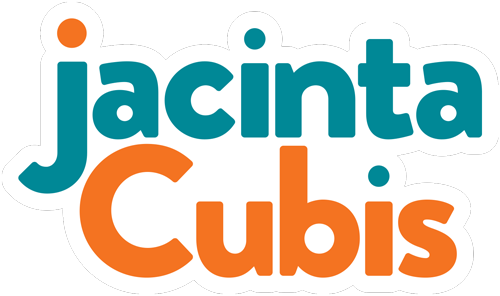Complacency
As the smoke curled out from under the car’s bonnet, I wondered about complacency.
There’d been warning signs. I couldn’t understand why it had got to this point.
Complacency is the shadow side of ‘laid back’, but can have the completely opposite impact. That smoky engine cast a shadow over the last day of our holiday. Dinner was a little tense.
Complacency seems to be behind our national reluctance to get vaccinated in Australia. It must be so frustrating to watch from places where COVID runs rampant. And its impact could be much more serious than a smoky car engine on a holiday.
The contrast between our compliance in lockdown and the current indifference is stark. We seem to have forgotten the experience of lock down. It would only take a few hotel quarantine mishaps for community transmission to take hold again.
Experts in public health and behavioural change offer a range of compelling reasons for our complacency. Conflicting information about vaccine efficacy. Confusion about who can have which one when. They want politicians to butt out, and let the nurses, not the doctors, do the talking.
I suspect it’s got something to do with the national phrase, ‘she’ll be right’. It’s always grated on a natural worrier like me and is at odds with where we’re at right now. If there’s a place for vigilance, it’s a pandemic. ‘She won’t be right’ for some time yet.
I wonder if there’s a sweet spot between complacency and vigilance. Between ‘she’ll be right’ and wringing our hands with worry. In the everyday of keeping cars serviced, the extreme contrast of a pandemic and my field, engagement.
I’m often asked if organisations can engage too much – with customers, stakeholders and communities. We worry about engagement fatigue, but I think ‘too much engagement is never enough’. Clients fret about ‘bothering’ people, but every time I’ve asked, those same people want to hear from, and work with, them – often.
Here are three ways that can help to strike the balance between complacency and vigilance.
Engagement has to be authentic. It does not just mean invitations to lunches, drinks to launch a program, product or report. It’s about meaningful dialogue on the issues that matter to them.
Engagement involves dialogue. Silence does not mean consent, agreement or support. Silence, if unaddressed, can damage reputations, brands and businesses.
Engagement is responsive. If stakeholders are giving us warning signs, don’t ignore them. I bet I’m not the only one who’s experienced a stakeholder that has started to smoke like an overheated engine. If the crisis communication plan is the foundation of our stakeholder engagement, put it aside and pick up the phone to talk to people.
Engagement is part of every organisation’s strategy. It’s understandable why complacency might sneak in.
And the car? The oil was topped up, water levels monitored and the tyres inflated. We made it home safely. I’ve added ‘when will it be serviced’ to my list of worries. And we’ll keep talking.
One of my favourite things is to help you get to the heart of what matters to your stakeholders and communities. If this sounds like something you’d like to explore, just comment below or email me with ‘HEART’ in the subject field and we’ll book a call.
What's On
Join me at my next Lunch & Learn and find out why workshop DESIGN is so important.
Thursday 10 June 12pm – 1pm. Book your spot here
It’s free, online but BYO lunch!
Masterclass: Design workshops that deliver
20 July - 10 August 2021
Each session will run on a Tuesday from 12 - 1:15pm
**I’m offering a special price of $935 (ex GST) if you book by 30 June**
Details and to book


